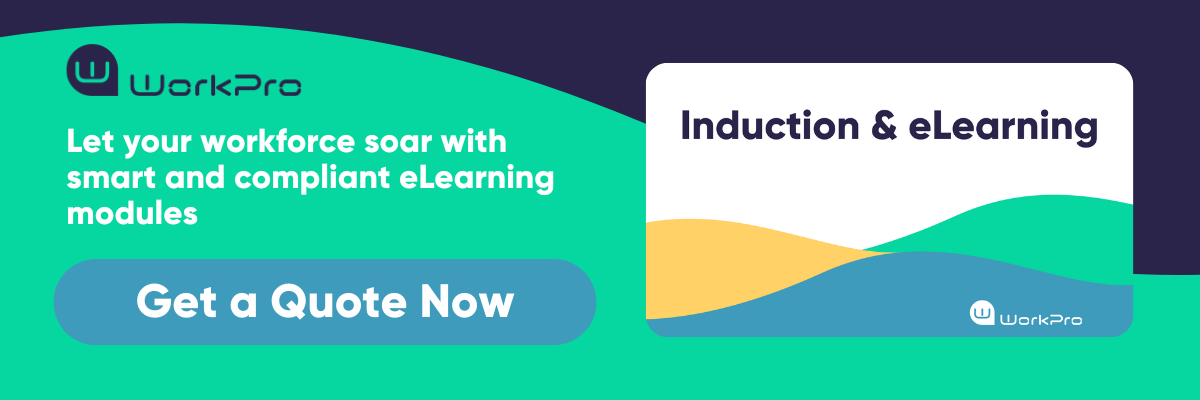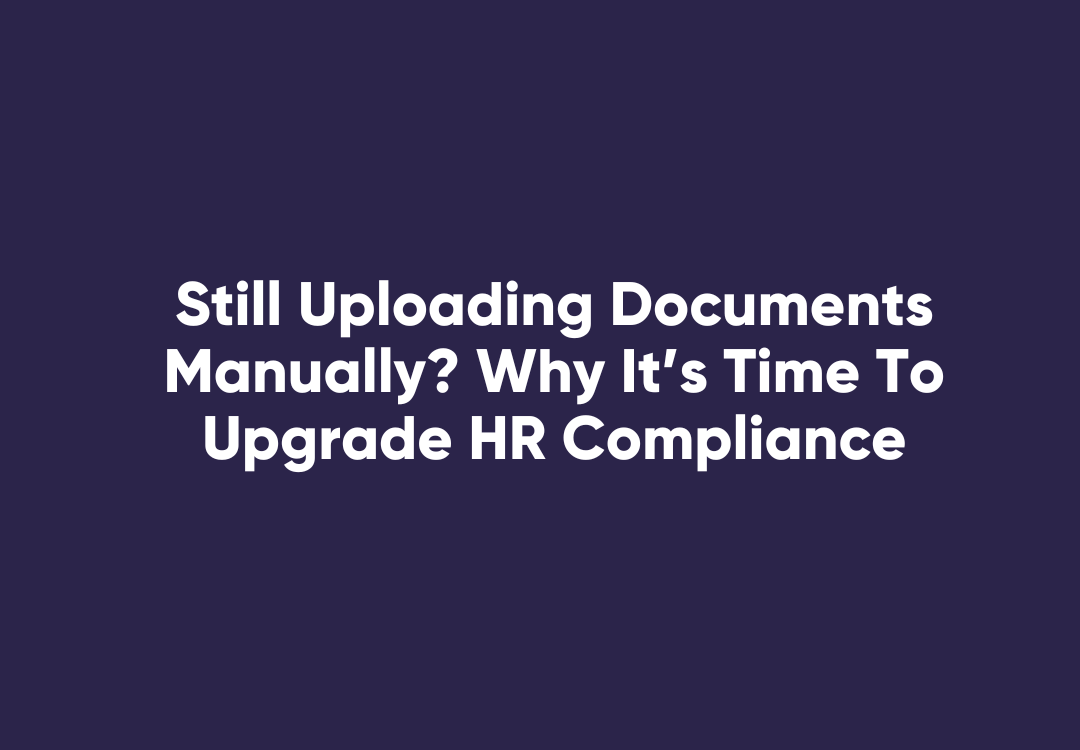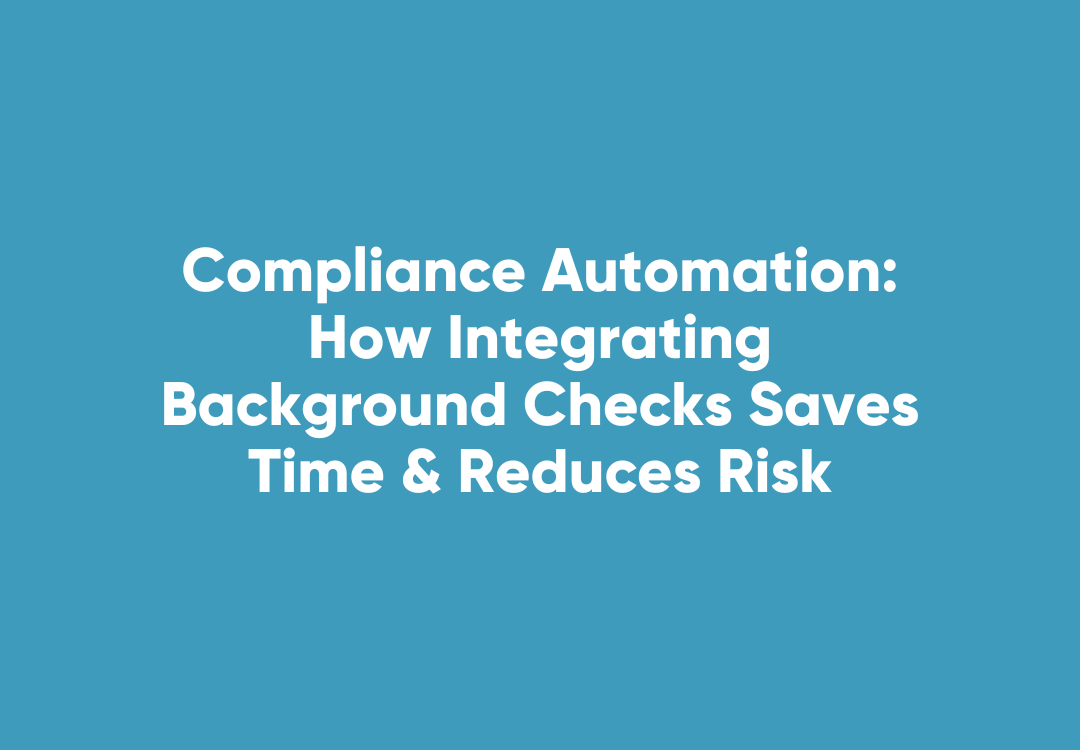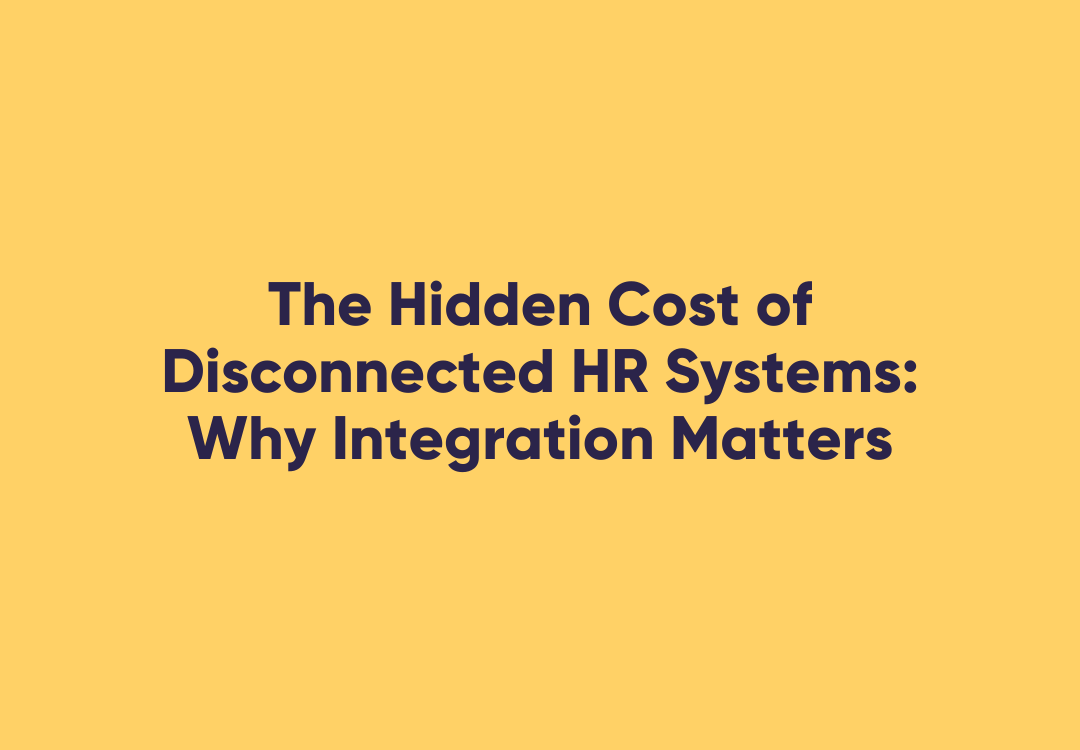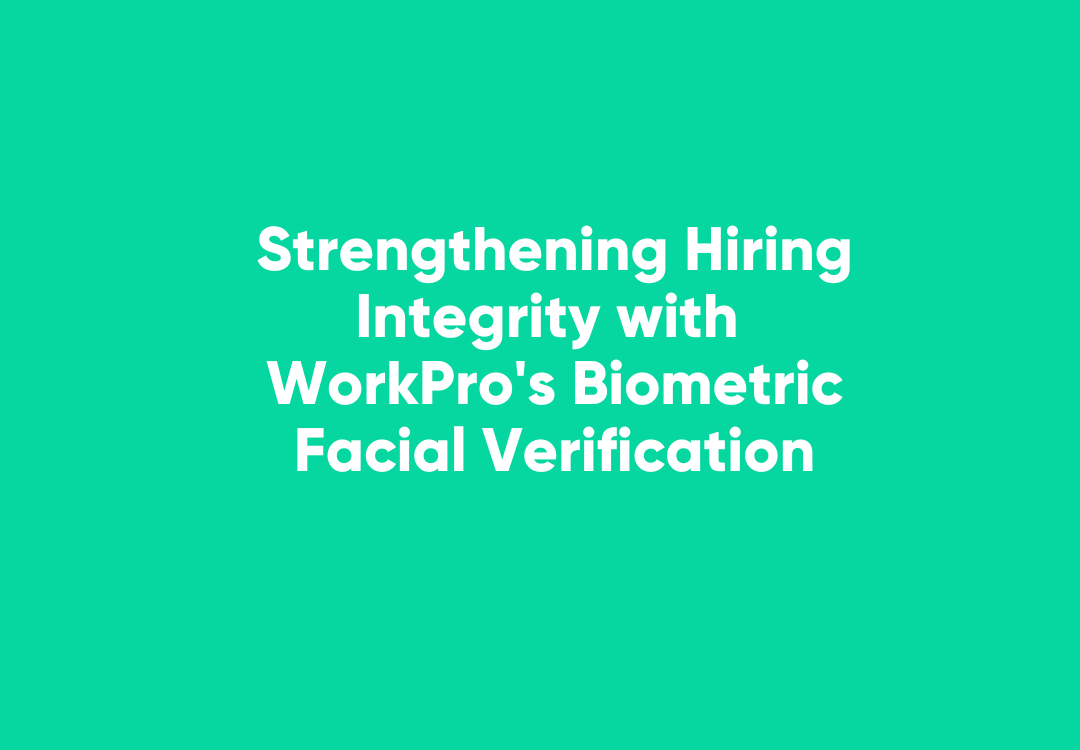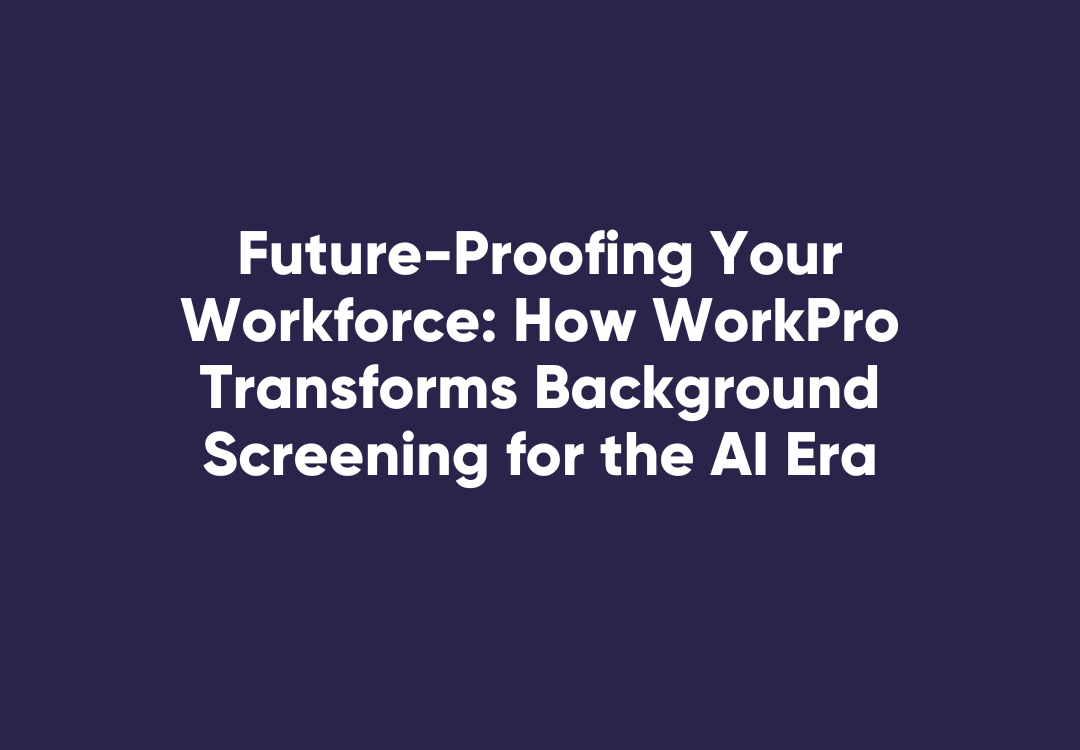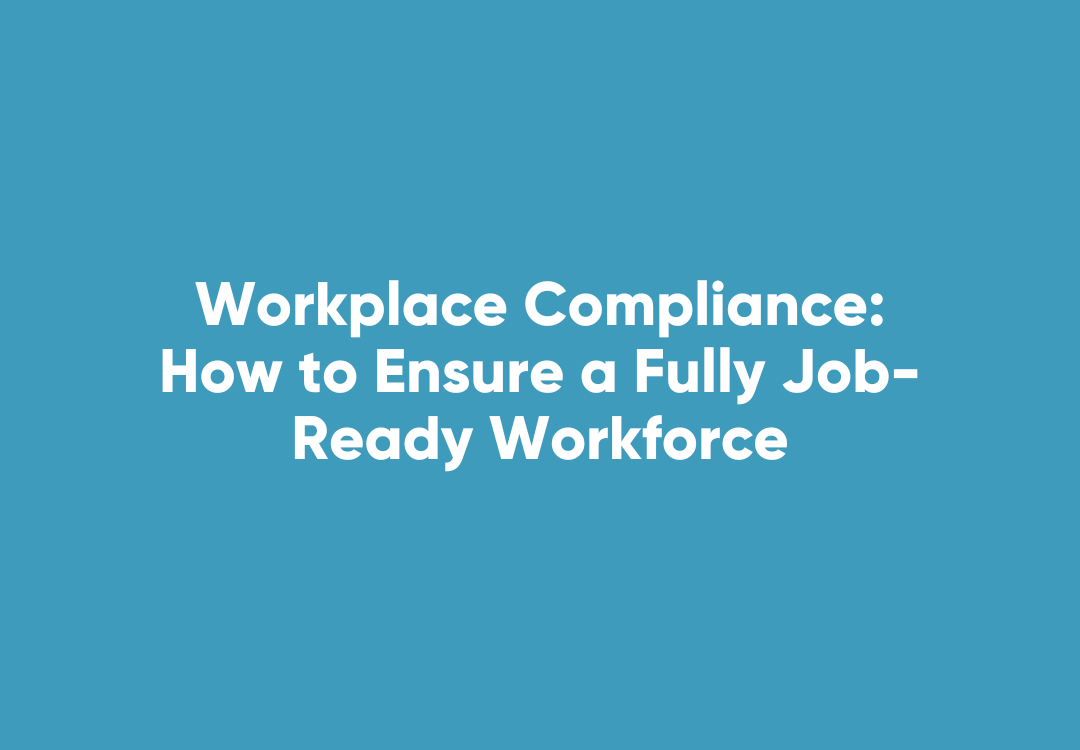How to Identify the Best Cost-Effective WHS eLearning Program for Your Business
Identifying the best cost-effective WHS eLearning Program
The Work Health and Safety (WHS) industry in Australia is projected to reach $2.8 billion by 2024, underscoring the growing focus on compliance and safety across all sectors. With strict WHS regulations and evolving WHS legislation, businesses face mounting pressure to ensure their training programs are both comprehensive and cost-effective. However, managing WHS policies and procedures efficiently, without overburdening resources or escalating costs, remains a significant challenge.
Understanding the Challenges of WHS Training
Australia's WHS regulations are rigorous, requiring businesses to implement thorough training and keep their practices updated to align with the latest compliance standards. Yet staying on top of these requirements can pose both logistical and financial difficulties.
Evolving Legislation
WHS laws are constantly updated to address emerging risks such as psychosocial hazards, technological advancements, and changes in workplace dynamics. For HR and compliance teams, this means WHS training programs must be continuously revised to comply with the latest WHS safety acts. Keeping content current is time-consuming and expensive, but failing to do so risks non-compliance, leading to potential legal penalties and increased workplace hazards.
Industry-Specific Requirements
Different industries have distinct WHS policies and procedures that reflect the specific risks associated with their operations. For example, the construction, manufacturing, and healthcare sectors face unique safety challenges that require tailored training programs. Managing multiple training programs across various roles and departments can lead to inefficiencies, especially if businesses rely on disparate or outdated systems. This fragmented approach often results in higher costs and greater administrative complexity.
Tracking and Monitoring Compliance
One of the biggest hurdles for businesses is tracking training progress and ensuring employees remain compliant over time. Manually managing WHS course completions, tracking when employees need refresher training, and staying ahead of compliance deadlines places a heavy burden on internal teams. Without efficient systems in place, this can lead to compliance gaps, increased risks of workplace injuries, and heightened liability.
Pain Points in WHS Training
The complexity of WHS Australia regulations often leaves HR professionals facing a host of challenges:
- Cost Overruns: With multiple roles requiring different WHS courses, businesses often invest heavily in various training programs that may not be cost-effective. Managing separate systems can further drive up expenses, with additional fees for each new program or system. The absence of a unified platform often results in more time spent administering the training and less time ensuring compliance.
- Compliance Management: Manually updating WHS policies and refreshing training to reflect changes in WHS legislation can be overwhelming. Businesses without automated systems risk gaps in compliance, which could lead to costly penalties or, worse, unsafe working conditions.
- Employee Engagement: Traditional WHS training programs often lack engagement. Generic, outdated content that doesn’t reflect real-world scenarios results in low completion rates and poor retention of key safety information. Engaging employees in meaningful, relevant WHS courses is critical to ensuring they absorb and apply the principles in daily operations.
Addressing These Challenges: What to Look for in a WHS eLearning Solution
Given the complexity of WHS legislation and the diverse needs of different industries, businesses require an eLearning solution that simplifies compliance, reduces administrative burden, and provides cost-effective training options. When evaluating whether your current WHS course offers the best value for your organisation, consider these key features:
- Comprehensive, Role-Specific Training: Ensure your eLearning platform provides a wide range of modules that cover both general WHS policies and industry-specific risks. Tailored content ensures employees receive the training they need for their specific roles without overpaying for irrelevant or redundant material.
- Automatic Updates: Choose a platform that automatically updates training content in line with the latest WHS regulations and WHS laws. This feature saves significant time and effort, ensuring your workforce is always compliant with the most current legal standards.
- Simplified Compliance Tracking: Look for an eLearning solution that includes built-in tools for tracking training completion, sending automated refresher reminders, and generating real-time compliance reports. Automated compliance management reduces the risk of missed deadlines and ensures continuous adherence to WHS safety acts.
- Scalable and Flexible Pricing: Cost is a key concern, especially for businesses managing diverse teams. Opt for an eLearning provider with flexible pricing models that scale based on volume, allowing you to pay only for what you need without overextending your budget.
- Engaging and Practical Content: Employee engagement is critical to effective WHS training. Select a solution that uses real-life scenarios to demonstrate safety practices, making the content relatable and easier for employees to apply in their daily roles. Engaged employees are more likely to retain information and comply with WHS policies and procedures.
Costing and Solutions for Small, Medium, and Large Businesses
WHS compliance affects businesses of all sizes, but the approach to managing WHS training varies based on organisational size and resources.
Small Businesses: Keeping Costs Low and Compliance High
For small businesses with fewer than 20 employees, limited budgets can make implementing comprehensive WHS training a challenge.
- Pain Points: Small businesses often struggle with the cost of training and lack the resources to track compliance manually. Additionally, keeping training up-to-date with evolving legislation can be difficult without dedicated internal resources.
- Solutions:
- Bundled eLearning Programs: One cost-efficient option is using a bundled eLearning program that grants access to a wide variety of courses. For example, accessing over 60 modules, including 20 specifically for WHS, allows small businesses to cover essential safety topics at a manageable price.
- Automated Tracking: Automating the assignment and tracking of training helps small businesses maintain compliance without dedicating additional time or staff to manual processes.
Medium-Sized Businesses: Balancing Cost and Customisation
For medium-sized businesses (20–199 employees), training needs are more complex, as they often require tailored solutions for multiple roles and departments.
- Pain Points: Customising WHS training to different job functions can be costly. Additionally, manual tracking of compliance can become too time-consuming as the business grows.
- Solutions:
- Tailored Training Packages: Medium businesses should look for platforms that allow them to customise WHS training packages based on specific roles or industry requirements. This reduces inefficiencies and ensures targeted compliance without paying for unnecessary content.
- Automatic Module Updates: With WHS legislation frequently changing, medium-sized businesses should opt for an eLearning platform that provides automatic updates to training content, ensuring that their teams stay compliant without the need for constant manual revisions.
Large Enterprises: Streamlining Across Multiple Locations
Large enterprises with 200+ employees require an enterprise-level WHS training solution that is scalable and integrated across various systems and locations.
- Pain Points: Managing training across multiple systems and locations increases administrative costs and operational complexity. Additionally, ensuring high engagement with WHS training for a large, diverse workforce is challenging.
- Solutions:
- Enterprise-Level Integration: Large enterprises should choose eLearning platforms that integrate with their existing ATS or HRIS systems. This enables seamless management of training and compliance without needing multiple platforms, reducing inefficiencies and administrative costs.
- Volume-Based Pricing: Scalable pricing models allow large businesses to reduce costs by paying only for the number of employees they train, with discounts for high-volume users.
Why WorkPro is the Smart Solution for Your WHS Training Needs
When it comes to tackling the challenges of Work Health and Safety (WHS) training, WorkPro provides a powerful solution that directly addresses the pain points faced by businesses of all sizes. Whether you're a small business with limited resources, a medium-sized company needing tailored training, or a large enterprise requiring seamless integration, WorkPro's eLearning platform is designed to simplify compliance, reduce costs, and ensure your workforce is always job-ready.
Here’s how WorkPro stands out:
- Comprehensive WHS Modules: With over 60 eLearning modules, including more than 20 specifically focused on WHS policies and procedures, WorkPro offers extensive training options for various industries and roles. This ensures you can deliver targeted training that’s relevant to your employees’ specific job functions, without overpaying for unnecessary courses.
- Automatic Updates for Compliance: Staying up-to-date with ever-changing WHS legislation and regulations is crucial. WorkPro’s eLearning modules are automatically updated to reflect the latest WHS laws, removing the burden of manual updates and ensuring your workforce remains compliant at all times.
- Tailored and Customised Training: WorkPro allows HR and recruitment professionals to tailor training packages to their specific operational needs. You can customise the modules to fit your company’s branding, processes, and industry requirements, ensuring that your training not only meets compliance but also reflects your unique business culture.
- Automated Tracking and Monitoring: Say goodbye to manual compliance tracking. WorkPro’s platform automates the assignment, tracking, and refreshing of WHS training. Built-in tools send reminders and provide real-time reporting, helping you stay ahead of compliance deadlines effortlessly.
- Seamless Integration: WorkPro integrates natively with popular ATS and HRIS systems like Bullhorn, PageUp, JobAdder, and SmartRecruiters, meaning there’s no need to juggle multiple platforms. This integration ensures a smooth workflow, saving you time and reducing administrative overhead.
- Engaging, Real-Life Scenarios: Employee engagement is critical to effective WHS training. WorkPro’s modules are designed to be engaging and practical, using real-life scenarios that make the training more relatable and easier for employees to apply in their everyday work. This increases retention and ensures your workforce understands the importance of WHS compliance.
- Flexible, Scalable Pricing: Whether you're a small business with a handful of employees or a large enterprise managing thousands, WorkPro offers flexible, volume-based pricing to suit your needs. You only pay for what you use, making it a cost-effective solution for businesses of any size.
Ready to Simplify Your WHS Compliance?
WorkPro provides the most streamlined and cost-effective solution for managing WHS training. By automating compliance, delivering up-to-date content, and offering tailored, engaging eLearning modules, WorkPro ensures your workforce is safe, compliant, and always ready for the job.
Don’t let the complexities of WHS legislation slow your business down. Contact WorkPro today to see how we can help you streamline your WHS training, reduce costs, and ensure compliance across your entire organisation!



